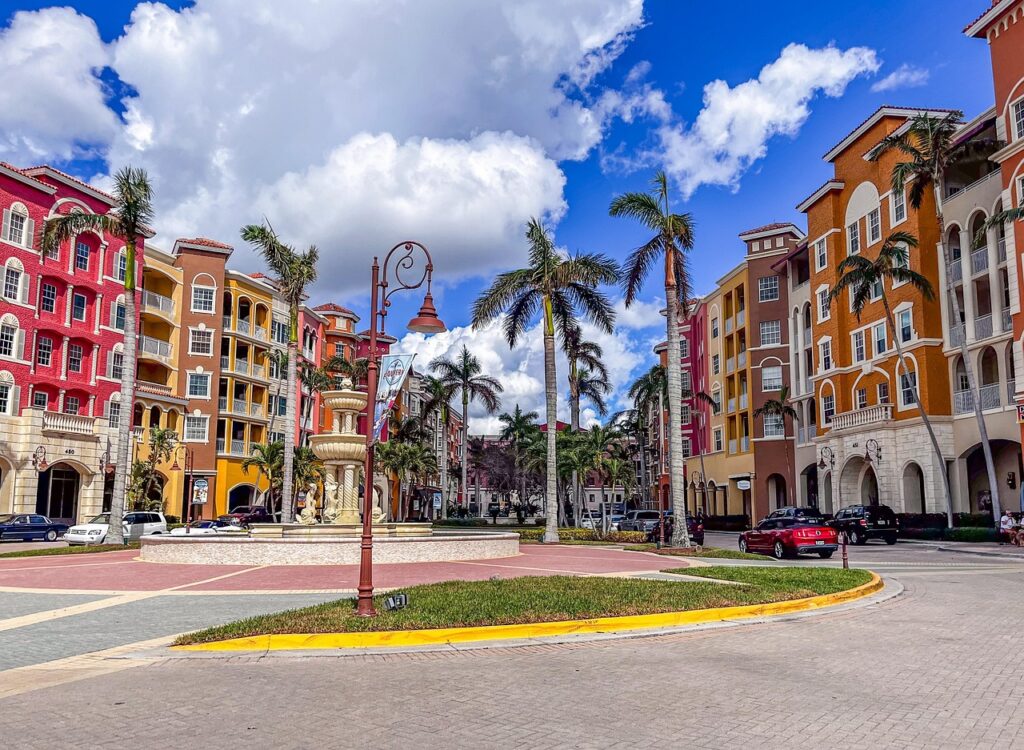Florida Real Estate in Summer 2025: A Season of Opportunity and Challenges for Buyers and Sellers
As summer heats up in Florida, the real estate market heats up with it. Whether you are a prospective home buyer or a seller, understanding the seasonal dynamics and recent legislative changes is essential to navigating the market successfully in 2025.
Why Summer is a Hot Season for Florida Real Estate
Summer is traditionally the busiest and most competitive period in the Florida housing market. According to the National Association of Realtors, both the sale prices and number of transactions tend to rise during this time. This surge is largely driven by families with school-aged children who take advantage of summer break to relocate. As a result, the market experiences no “summer vacation.”
“If you’re a buyer, waiting until autumn could result in better deals due to reduced competition,” experts advise.
Key Summer Market Insights for Buyers and Sellers
- Buyers: Expect higher prices and more competition in summer; consider waiting for autumn for potential bargains.
- Sellers: Summer presents a prime opportunity to sell quickly and at favorable prices.
- Families: School schedules heavily influence moving trends, intensifying summer market activity.
Northwest Florida’s Construction Boom: Focus on 52 World Complex
Northwest Florida, spanning from Tallahassee to Panama City and Pensacola, is undergoing an unprecedented construction surge. Over the past five years, tens of thousands of homes—including single-family, condos, and apartments—have been built or are under development.
Among these developments, the 52 World complex in Pensacola stands out. Located adjacent to Navy Federal Credit Union’s $1-billion campus, this project includes 206 apartments, townhomes, and lofts, highlighting the region’s vibrant growth and investment potential.
Florida’s 2025 Legislative Session: What Property Owners Need to Know
The completion of the 2025 Florida Legislative session brought new laws and budget allocations with a strong focus on supporting property owners and the real estate market.
- Targeted funding aimed to address housing challenges statewide.
- New regulations improve protections and market transparency.
- The Florida Association of Realtors hailed the session as a significant victory for stakeholders.
The Live Local Act: Affordable Housing’s Mixed Results
Florida’s Live Local Act was introduced to stimulate affordable housing but has been met with criticism. Some key points include:
- Loopholes and preemption of local control have caused many counties and cities to opt out of tax-break incentives intended for developers building middle-income housing.
- While the act has generated some affordable housing projects, questions remain about its overall effectiveness and potential strain on infrastructure.
Legal Developments Impacting Florida Homeowners: MV Realty Contract Terminations
In a landmark move, MV Realty has begun allowing Florida homeowners to exit their long-term 40-year right-to-list contracts after a Florida judge mandated the contract cancellations earlier in 2025. This has provided relief to many property owners stuck in restrictive agreements.
For more detailed updates, visit Housing Wire and the Tampa Bay Times.
Major Projects and Housing Trends in Florida: What You Need to Know
The Related Group recently secured $230 million in construction financing for the Andare Residences, a 163-unit luxury condominium tower designed by Pininfarina in downtown Fort Lauderdale.
Other Noteworthy Developments
- Clearwater Apartments to Return to Affordable Housing: Prospect Towers, formerly a haven for low-income seniors, will revert to affordable units after displacement due to rent increases.
- Tallahassee’s Expanding Housing Market: New apartments and homes, ranging from tiny houses to luxury estates, are reshaping the local housing landscape.
- Orlando Fashion Square Real Estate Dispute: The mall’s ownership parties remain at odds over property valuation, leaving this prized location in limbo.
- Miami’s Embrace of Small-Space Living: Economic pressures and rising housing costs have fueled a nationwide trend toward micro-housing, with Miami ranking 20th for micro-unit density.
Conclusion
The Florida real estate market in 2025 is as dynamic as ever, especially during the summer season. With rising prices and intensified activity, buyers may find autumn a less competitive time to make a move while sellers enjoy favorable market conditions. Legislative developments and new construction projects throughout the state further shape the landscape, offering both opportunities and challenges for all stakeholders.
Staying informed and working with trusted real estate professionals can help you maximize success in this evolving market.


